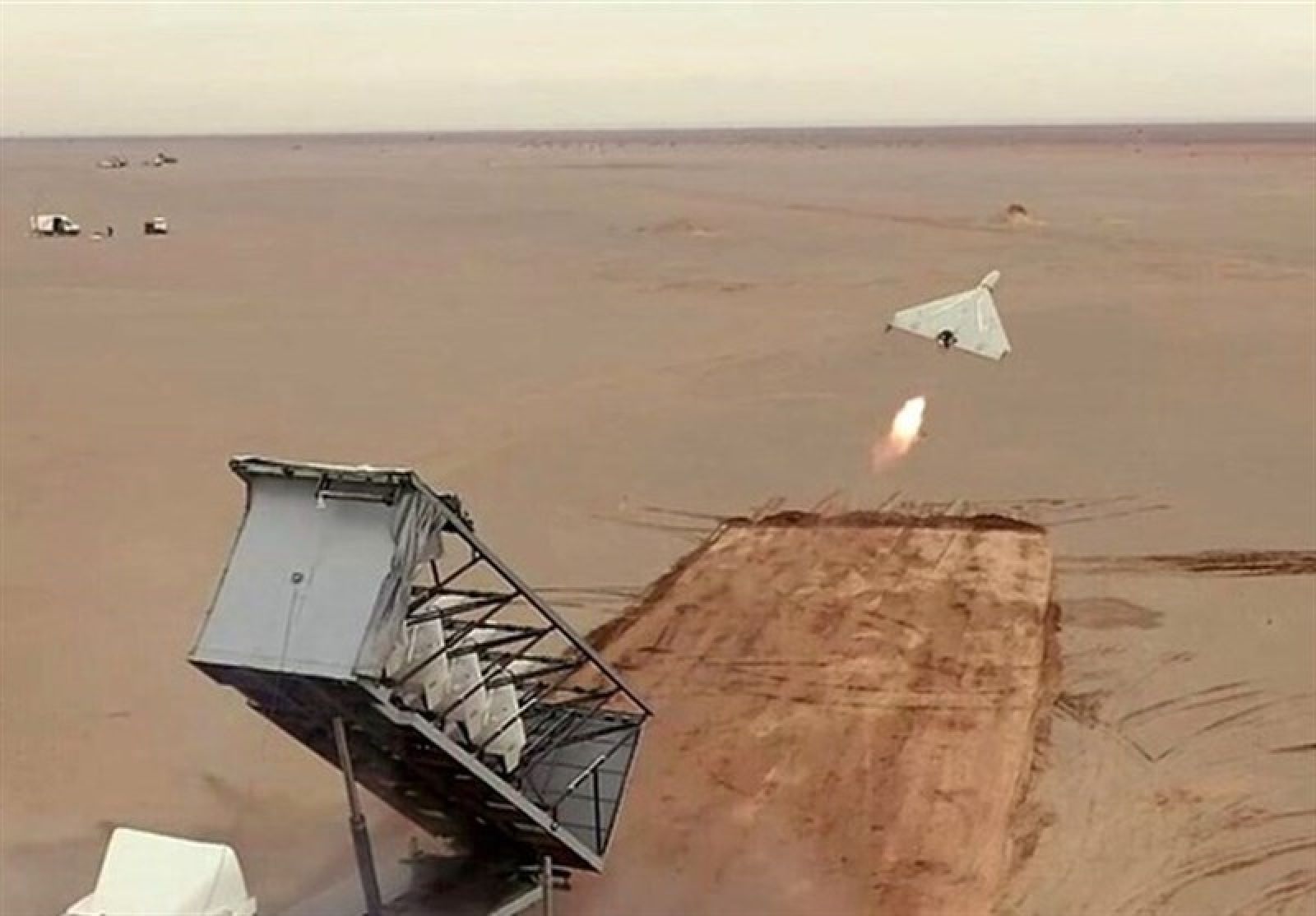
Europe joins US in urging restraint by Israel after Iranian drone and missile attack
- World leaders urge Israel not to retaliate for large Iranian drone and missile attack
- Weekend attack was revenge for strike on Iranian embassy grounds in Syria on April 1
Israel’s European allies urged it on Monday to show restraint over Iran’s weekend missile and drone attack, calling on Israeli leaders to step away from “the edge of the cliff” of escalation in the Middle East.
Israeli Prime Minister Benjamin Netanyahu’s war cabinet, which is empowered to decide on the country’s response, was set to convene later Monday, a government source said.
Israeli officials said the war cabinet, which also met on Sunday, favoured retaliation but was divided over the timing and scale of any such response.
The Iranian attack on Saturday, less than two weeks after a suspected Israeli strike in Syria that killed two Iranian generals in an Iranian consular building, marked the first time Iran has launched a direct military assault on Israel, despite decades of enmity dating back to the country’s 1979 Islamic Revolution.

The Iranian attack, involving more than 300 missiles and drones, caused only modest damage in Israel. Most were shot down by Israel’s Iron Dome defence system and with help from the US, Britain, France and Jordan.
With the danger of open warfare erupting between Israel and Iran, and tension high over the war in Gaza, US President Joe Biden has told Netanyahu the United States will not participate in any Israeli counteroffensive against Iran, US officials said.
Israel vows to press on in Gaza after Iran’s missile and drone attack
“The Middle East is on the brink. The people of the region are confronting a real danger of a devastating full-scale conflict,” Guterres said at a UN Security Council emergency meeting on Sunday.
“Now is the time to defuse and de-escalate.”
French President Emmanuel Macron urged Israel to set its sight on isolating Iran rather than escalating the situation. German Chancellor Olaf Scholz warned Iran not to carry out more attacks and said Israel must also contribute to de-escalation.

Speaking in Shanghai on Monday during a three-day visit to China, Scholz also hit out at the “brutal Iranian attack” and said Tehran “must stop this aggression”.
UK foreign minister David Cameron told Times Radio that he echoed Biden’s plea for Israel to “take the win and then move on to focus on how to eradicate Hamas in Gaza and how to get those hostages free”.
Josep Borrell, the EU’s High Representative for Foreign Affairs and Security Policy, told Spanish radio station Onda Cero: “We’re on the edge of the cliff and we have to move away from it”.
G7 ‘ready to take measures’ after Iran’s Israel attack
Russia has refrained from criticising its ally Iran in public over the strikes but expressed concern about the risk of escalation on Monday and also called for restraint.
“Further escalation is in no one’s interests,” Kremlin spokesman Dmitry Peskov said.
Two senior Israeli ministers have signalled that retaliation is not imminent and that Israel will not act alone.
“We will build a regional coalition and exact the price from Iran in the fashion and timing that is right for us,” centrist minister Benny Gantz said.
Defence Minister Yoav Gallant said Israel had an opportunity to form a strategic alliance “against this grave threat by Iran”.
Israel remained on high alert, but authorities lifted some emergency measures that had included a ban on some school activities and caps on large gatherings.
China voices ‘deep concern’ over escalation following Iranian attack on Israel
Iranian army chief of staff Major General Mohammad Bagheri has warned Israel not to retaliate, and told Washington that US bases could be attacked if it helps Israel do so.
Iranian Foreign Ministry spokesperson Nasser Kanaani said on Monday, however, that no prearranged agreement was made with any country prior to the weekend attack. US officials said Tehran had not warned Washington.
Reuters, Associated Press and Agence France-Presse
